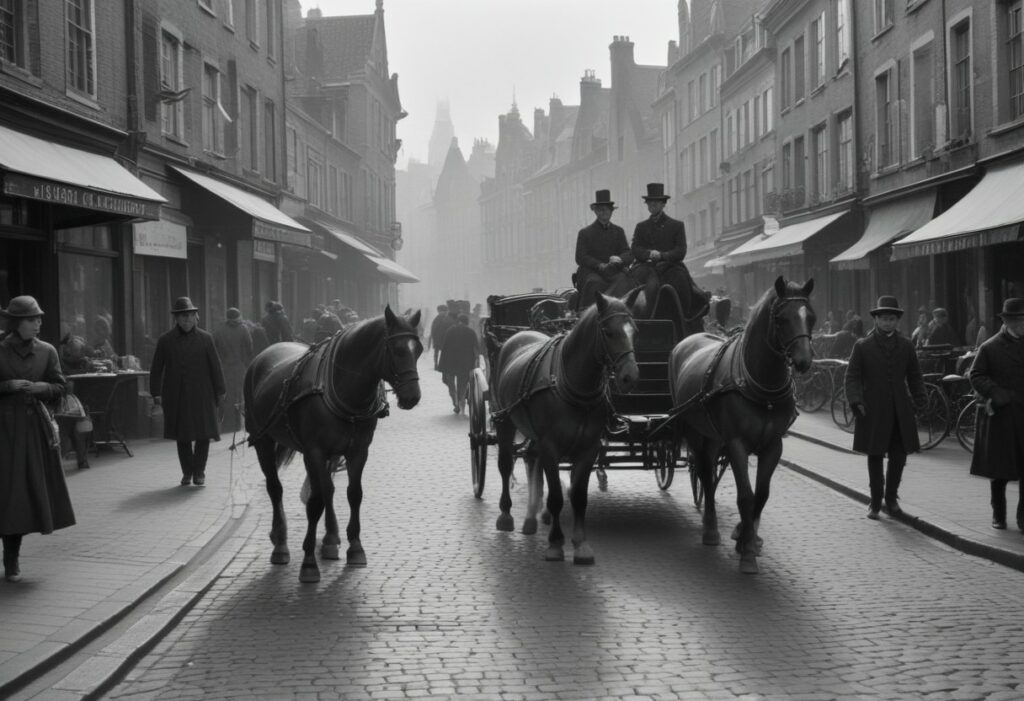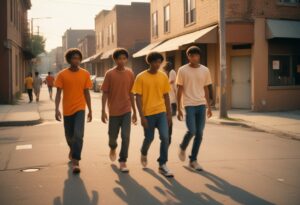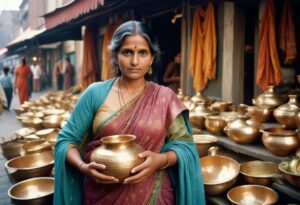The 19th century was a time of big changes that reshaped the world as we knew it. From machines taking over in factories to big changes in politics, society, and culture, it was a time of incredible shifts that set the stage for the world we live in now.
The Industrial Revolution was at the center of all this change. It transformed how things were made, how people worked, and how cities grew. While it brought a lot of new wealth, it also led to big gaps between rich and poor and sometimes unfair treatment of workers.
At the same time, there were big political shake-ups happening all around the world. Monarchies were being replaced by democracies, like in the American and French Revolutions. These changes inspired people in other places to fight for their own freedom and independence.
But it wasn’t just about politics. The 19th century also saw a lot of people pushing for fairness and equality. Slavery was abolished, women fought for the right to vote, and workers fought for better conditions at their jobs. These were important steps towards making society more just and equal for everyone.
And let’s not forget about the arts and literature! The 19th century was a time of great creativity and expression. Artists and writers were exploring new ideas and emotions, capturing what it meant to be human during such a turbulent time.
So, as we look back on the 19th century, we see a time of incredible change that still affects us today. It’s like peeling back layers of history to understand how we got to where we are now.
The Industrial Revolution:
The 19th century was a big turning point in history because of the Industrial Revolution. This was a huge change that completely transformed societies all over the world. Instead of mostly farming, economies started focusing on factories and cities. Machines started doing a lot of the work, especially with steam power.
This shift changed everything – not just how things were made, but also how people lived and worked. Countryside areas turned into busy cities as more and more people moved there looking for jobs. This was called urbanization, and it was happening on a massive scale.
In these new cities, work became more specialized. People had specific jobs in factories, like making clothes or tools. But this also made the gap between different classes of people even wider. The rich factory owners got richer, while the workers often faced tough conditions and low pay.
The Industrial Revolution brought a lot of good things too. It led to a lot of new inventions and made life easier in many ways. Machines made things faster and cheaper to produce, which helped economies grow a lot. This laid the foundation for the modern economies we see today.
But there were also bad parts. Many people suffered because of the changes. Factory workers often worked long hours in dangerous conditions for very little pay. And all this industry created a lot of pollution, making the environment dirty and unhealthy.
So, while the Industrial Revolution brought a lot of progress and new technology, it also showed how unfair and damaging industrial capitalism could be. People had to start thinking about things like fairness, workers’ rights, and taking care of the environment. These are still big issues we’re dealing with today.
Political Revolutions:
The 19th century was a time of big changes in how countries were governed. There were a lot of revolutions and movements that aimed to give people more freedom and control over their own lives.
One of the most famous revolutions was the American Revolution. It happened between 1775 and 1783. The Americans wanted to break free from the rule of the British monarchy. They believed that everyone should have the right to life, freedom, and happiness. The Declaration of Independence, which declared America’s independence from Britain, inspired many other revolutions around the world.
Another major revolution was the French Revolution, which took place between 1789 and 1799. Like the Americans, the French people wanted more freedom and equality. They fought to end the rule of the monarchy and establish a government that represented the people. The French Revolution led to big changes in how France was governed and inspired other countries to fight for their own freedom.
During the 19th century, many countries around the world fought for their independence from colonial rule. In Europe, Latin America, and Asia, people rose up against the empires that had controlled them for centuries. These movements led to the creation of new countries and the end of old empires.
The 19th century also saw the rise of new political ideas. Liberals believed in giving individuals more rights and limiting the power of the government. Nationalists wanted to unite people based on shared culture and history. Socialists argued for more equality and fairness in society.
Overall, the 19th century was a time of big political changes. Revolutions and movements reshaped the world map and gave people new ideas about freedom, justice, and democracy.
Social Reforms:
The 19th century was a time when people worked hard to make society fairer and better for everyone. As things changed quickly, many movements came together to fight for justice, equality, and respect for all.
One of the biggest movements was to end slavery. Leaders like William Wilberforce, Frederick Douglass, and Harriet Tubman led the way. They spoke up against slavery and fought to free enslaved people. Their efforts helped to stop the slave trade and set many people free from slavery.
At the same time, women’s rights activists fought for equality between men and women. They challenged the idea that women should always be below men. Leaders like Susan B. Anthony, Elizabeth Cady Stanton, and Emmeline Pankhurst worked hard for women’s right to vote, get an education, and have the same legal rights as men. The Seneca Falls Convention in 1848 was a big event where people talked about how important it was for women to have the same rights as men.
Besides these big movements, there were also other important changes happening. People like Robert Owen, Jane Addams, and Florence Nightingale worked for better rights for workers, better healthcare, and better education. They laid the groundwork for things like the welfare system we have today. The labor movement fought for fair pay, safe working conditions, and the right for workers to speak up together. People like John Snow and Louis Pasteur worked to stop diseases and make public places cleaner and safer for everyone.
The 19th century was a time of big changes for social reform. People came together to fight for what they believed was right. Their efforts made society fairer and more equal for everyone, and their legacy still influences the way we live today.
Cultural Renaissance:
In the 19th century, while politics and society were changing a lot, there was also a big boom in culture. Arts, literature, and thinking were all flourishing, showing the hopes and worries of the time.
One big part of this cultural boom was the Romantic movement. It was a big change in how artists and writers thought. They didn’t like the strict logic of the Enlightenment period before them. Instead, they celebrated things like individuality, nature, and imagination. Painters like Caspar David Friedrich and composers like Ludwig van Beethoven made art that aimed to make people feel something deep and special, even in times of change.
Famous writers like Charles Dickens, Jane Austen, and Leo Tolstoy wrote books that still speak to us today. Dickens showed the hard life of poor people in Victorian England, while Austen’s clever writing talked about the strict social rules of her time. Tolstoy wrote big novels like “War and Peace” and “Anna Karenina” that explored big ideas about love, right and wrong, and how fate works.
At the same time, science and technology were booming too. People like Charles Darwin and Louis Pasteur made big discoveries that changed how we see the world. Darwin’s ideas about evolution and Pasteur’s discoveries about germs made huge impacts on how we understand nature and how diseases work. New inventions like the steam engine and the telegraph changed how we lived and worked, making the world feel smaller and more connected.
The 19th century was a time of big cultural change. Arts, literature, and thinking were all growing and changing alongside the big shifts in politics and society. The works of this time still influence us today, showing us different ways to see the world and understand ourselves.
The 19th century was a time of big changes that shaped the world we live in today. There were lots of different things happening, like the industrial revolution making new machines and the rise of democracy in politics. People were also working to make society better by fighting against things like slavery and for things like women’s rights and fair treatment at work.
Alongside all this, there was a big boom in arts, literature, and thinking. Artists and writers expressed the hopes and worries of the time, like the Romantic movement showing the beauty of nature and individuality. Famous writers like Dickens, Austen, and Tolstoy wrote books that still matter today.
Looking back, we see how people back then faced big changes with strength, creativity, and working together. The things that happened in the 19th century still teach us important lessons now as we deal with our own challenges and opportunities.










More Stories
Alexander the Great: A Legacy Unparalleled
The Mauryan Era: India’s first great empire
Battle of Verdun: The Longest Battle of World War I